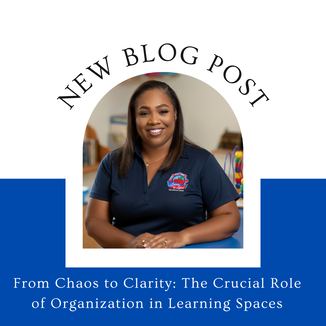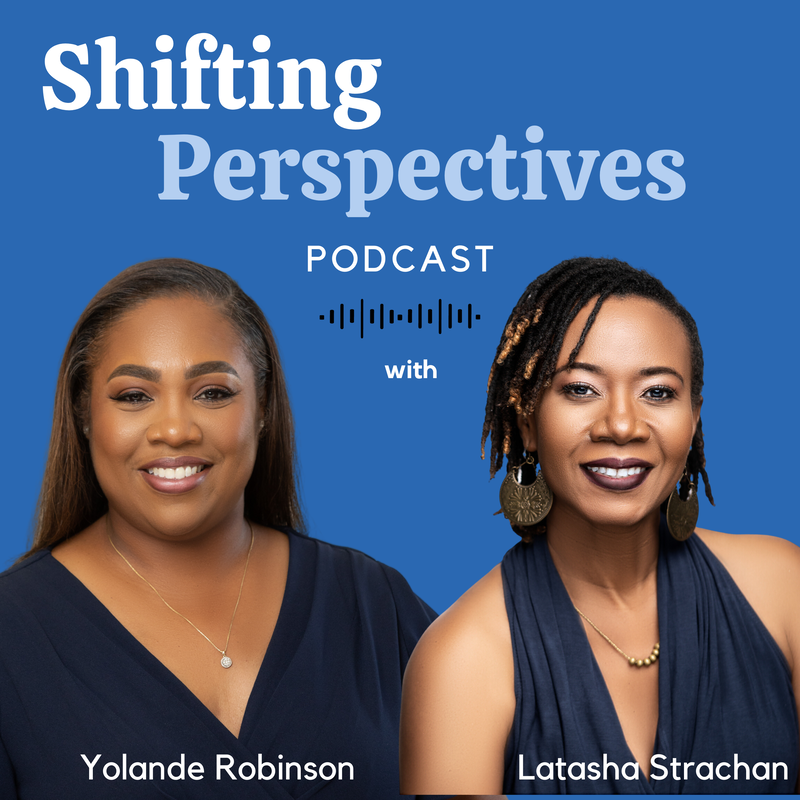THE CRUCIAL ROLE OF ORGANIZATION IN LEARNING SPACES As an educator and a mom, I have always been fascinated by the intricate relationship between a child's learning environment and their academic success. Over the years, I have come to appreciate the significance of a well-structured space in fostering a positive and conducive learning atmosphere. One factor that often goes underestimated is the impact of clutter on a child's ability to learn. In this blog post, I will delve into the challenges clutter poses to the learning environment, emphasize the importance of organizational skills, and discuss how having everything in its place can profoundly influence a child's success – a truth that extends beyond special needs children to encompass all young learners. The Clutter Conundrum Picture a classroom or a home filled with disorganized desks, scattered toys, and miscellaneous items strewn across the floor. It might seem like a trivial concern, but the truth is, clutter can create an overwhelming and distracting environment for children. As an educator, I have witnessed firsthand the impact that a cluttered space can have on a child's ability to focus, retain information, and engage in productive learning. Organizational Skills: A Foundation for Success One of the keys to overcoming the challenges clutter presents is the cultivation of organizational skills. Just as adults benefit from a well-organized workspace, children thrive in environments where everything has its place. Teaching children to organize their belongings not only promotes a sense of responsibility but also enhances their cognitive abilities. Organizational skills empower children to manage their time effectively, locate resources independently, and develop a structured approach to tasks. Beyond Special Needs: A Universal Necessity While it is true that children with special needs may face additional challenges in navigating cluttered environments, the importance of organization transcends any specific learning profile. All children, regardless of their individual needs, benefit from a structured and organized learning space. By instilling good organizational habits early on, we equip children with the tools they need to succeed academically and beyond. The Impact of a Well-Structured Environment A well-structured environment goes beyond the physical arrangement of objects; it extends to the overall atmosphere of the learning space. Children thrive in environments that provide clear expectations, routines, and a sense of order. When everything has its place, children can focus more effectively on learning, fostering a positive attitude towards education and enhancing their overall academic experience. Practical Tips for Creating an Organized Learning Environment
As both a mom and an educator, I am continually reminded of the profound impact that a clutter-free, well-organized environment can have on a child's learning journey. The benefits extend far beyond the immediate academic realm, influencing a child's overall development and shaping their lifelong habits. By prioritizing organizational skills and emphasizing the importance of everything having its place, we set the stage for success by laying important and essential groundwork.
0 Comments
Leave a Reply. |
Author
Yolande Robinson, M.Ed. PodcastShifting Perspectives is a conversation with Yolande and Latasha that challenges Listeners to fuel themselves with diversity in the way they think, the way they work, the way they parent and the way they live their lives.
Listen to Shifting Perspectives on Apple Podcasts, Audible, Amazon Music, Spotify, Google Podcast, Stitcher, Pocket Casts, Overcast, Castro, Castbooks, or Podfriend. Archives
April 2024
Categories
All
|


 RSS Feed
RSS Feed